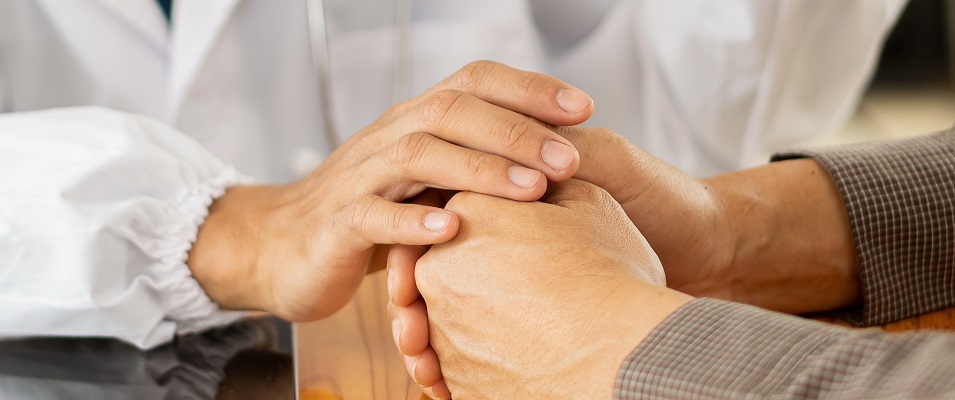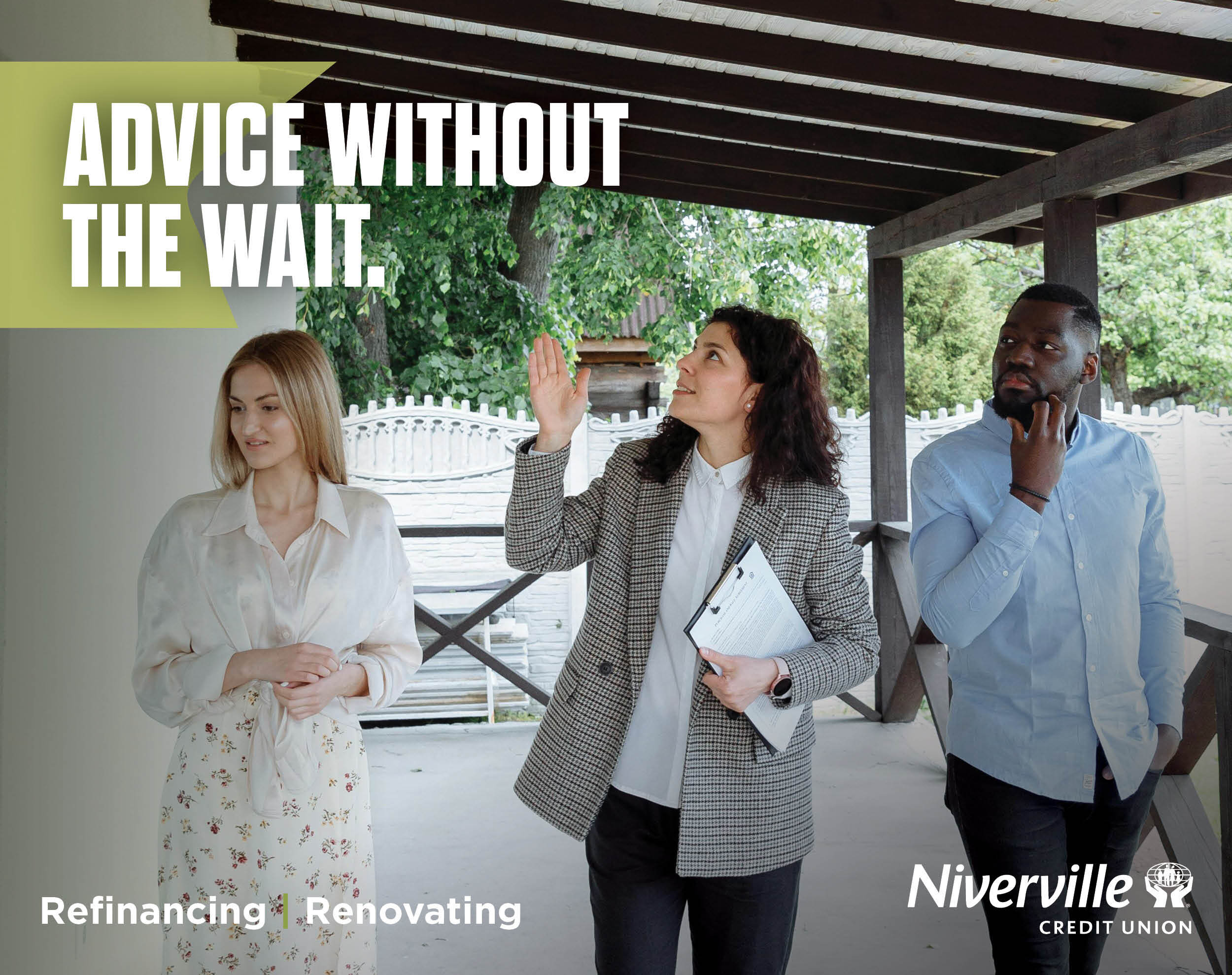
Here we are, facing new waves of COVID-19 with a healthcare system already under heavy strain. And it has to be acknowledged… people are tired. Tired of restrictions, tired of division, and more than anything else tired of the looming threat of a virus we’ve been living with for nearly two years.
Having to spend yet another holiday season with social distancing and smaller gatherings is just one more discouraging blow upon all the others, adding to our collective exhaustion.
This fatigue is exacerbated by the knowledge that had vaccine uptake been higher, both locally and worldwide, we wouldn’t be seeing the most recent resurgence in cases, nor would we be seeing such a new and concerning variant.
And of course this knowledge only creates more division, more exhaustion, and raises new fears that we’ll never be able to go “back to normal” as we once hoped.
It’s no surprise that at this stage of the pandemic we’re seeing sky-high rates of mental health issues.
In this space, we’ve talked in the past about how to help our kids be resilient during times of stress and uncertainty.
But what about our own resiliency?
The Canadian Mental Health Association (CMHA), a national community-based organization that for more than a hundred years has been dedicated to mental health promotion, maintains a “mental health meter” on their website. Rather than screening for specific mental illnesses or other aspects of negative mental health, this mental health meter measures four areas related to positive mental health.
The ability to enjoy life. How much satisfaction and pleasure do you derive from your everyday life? This is a challenge for many of us these days as our favourite activities may not be safe for us to do with the people we want to see.
Resilience. How quickly do we “bounce back” from challenging circumstances? Over the past two years, we’ve all been expected to weather many disappointments and troubles, and keeping that up over the long term is emotionally draining.
Self-actualization. Are we able to realize our potential and reach personal goals? This is difficult to do when many of our plans have been put on hold since the pandemic began.
Flexibility. Do we have the ability to accept change and adapt in response to situations that arise in our lives? With COVID impacting every area of life, we’ve all had to pivot in response to the changes thrust upon us.
While it isn’t a strict scientific tool, and absolutely should not take the place of a professional psychological assessment, this tool can be a useful way of letting us know when we might need to make some adjustments to our lives.
If you score fairly low on the mental health meter, or if you’re finding it challenging to feel psychologically well at this stage of the pandemic, here are a few ways you can turn things around.
1. Grow your (healthy) coping skills. It’s no surprise that substance use, gambling, and other methods of unhealthy coping have been on the rise during the pandemic.
If you find yourself turning to methods of coping that could cause problems of their own, it might be a good idea to look to healthier methods—and do so without self-judgment. Perhaps those coping methods were working for you at one point, but it might be time to put down the bag of chips and look into hobbies, exercise, or meditation to help centre yourself.
2. Seek out (safe) supports. This is not an encouragement to throw caution to the wind and unwisely gather in large groups in homes or machine sheds.
Rather, it’s a suggestion to do two things.
First, when it’s safe to do so, spend time with people who care about you. If you’re fully vaccinated, then spending time with other fully vaccinated people (following all recommended restrictions) could be a good way to improve your overall mood.
And second, if you recognize that you’re struggling right now, please reach out for help. You can talk to a friend or family member who cares about you. And if necessary, reach out to a professional.
The most important thing is to be honest about how you’re doing, because none of us can be resilient and flexible all the time.
3. Be (accurately) informed. Information overload abounds these days, and much of the information we’re exposed to is contradictory.
For example, much of the online debate has revolved around the effectiveness of the vaccines. As we’ve seen recently, some individuals who have been vaccinated can still become infected with COVID (although it’s almost always with milder symptoms).
The resulting confusion about how vaccines work—and the nature of immunity—have led some to conclude, erroneously, that the vaccines are ineffective or unsafe.
Thankfully, the other side of the debate is supported by significant evidence, course-corrects when faced with new information, and grows in understanding of the pandemic over time. Listening to experts and following their advice remains the best path out of this for everyone, and this can help us to feel less overwhelmed and hopeless.
4. Make (positive) choices. Finally, the best way to improve our mental health during this time is to make choices that contribute to a swifter resolution to the pandemic.
As before, the safest and most socially responsible choice is to ensure that you and your eligible family members are vaccinated. That is our best chance at ending this sooner and allowing the resilience we’ve built in ourselves to carry us through.
Until then, let’s remember to keep checking in on each other.



















